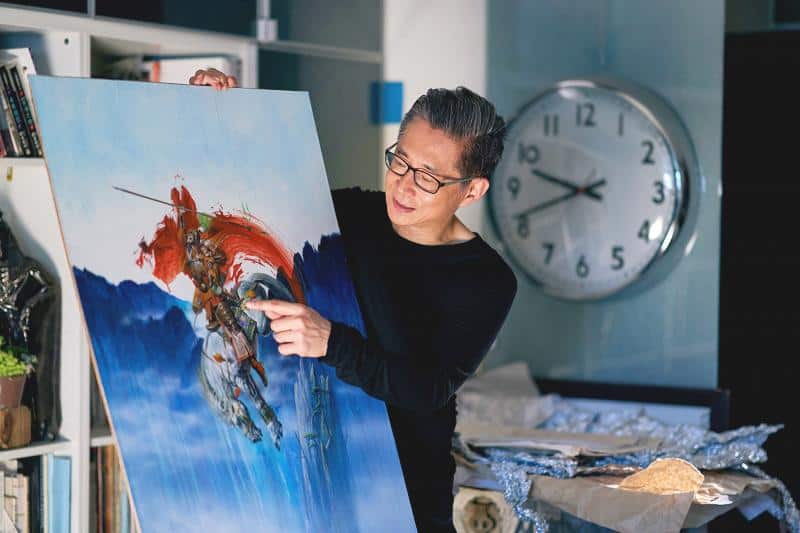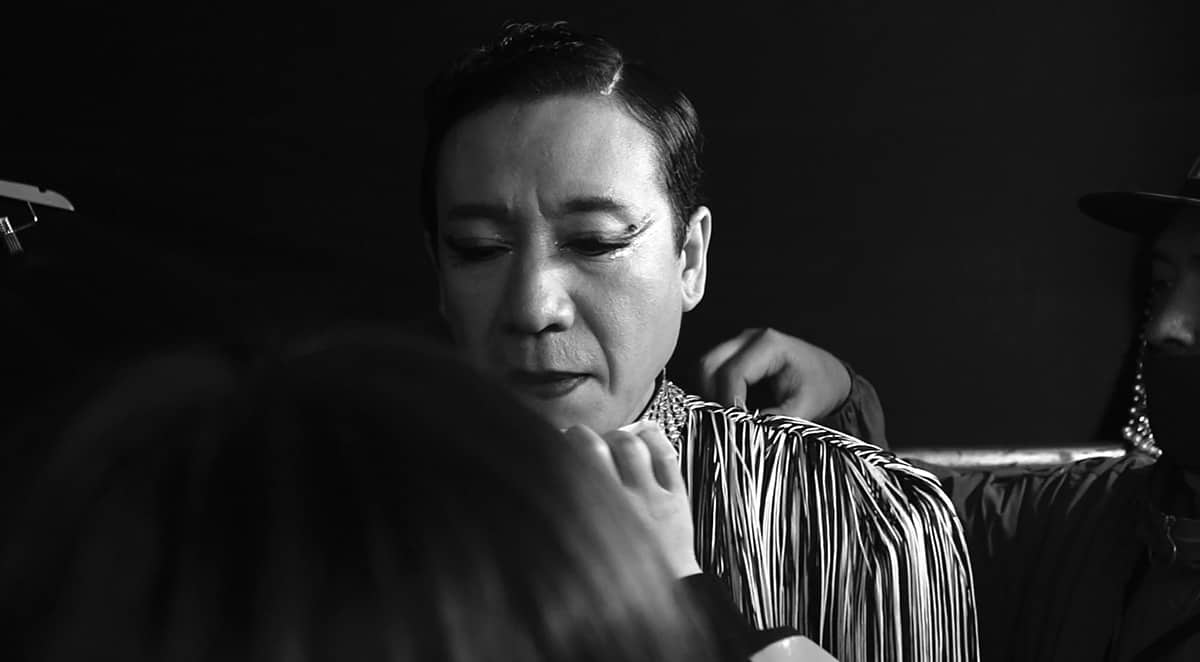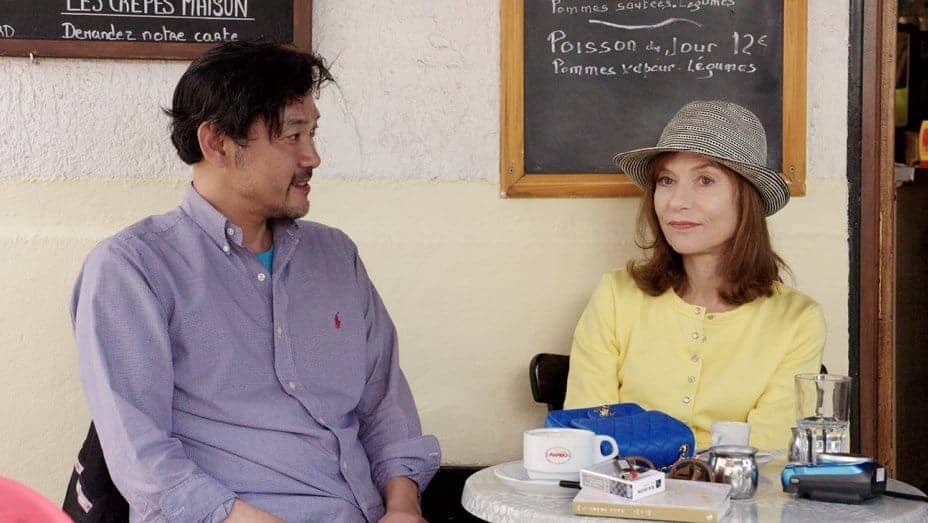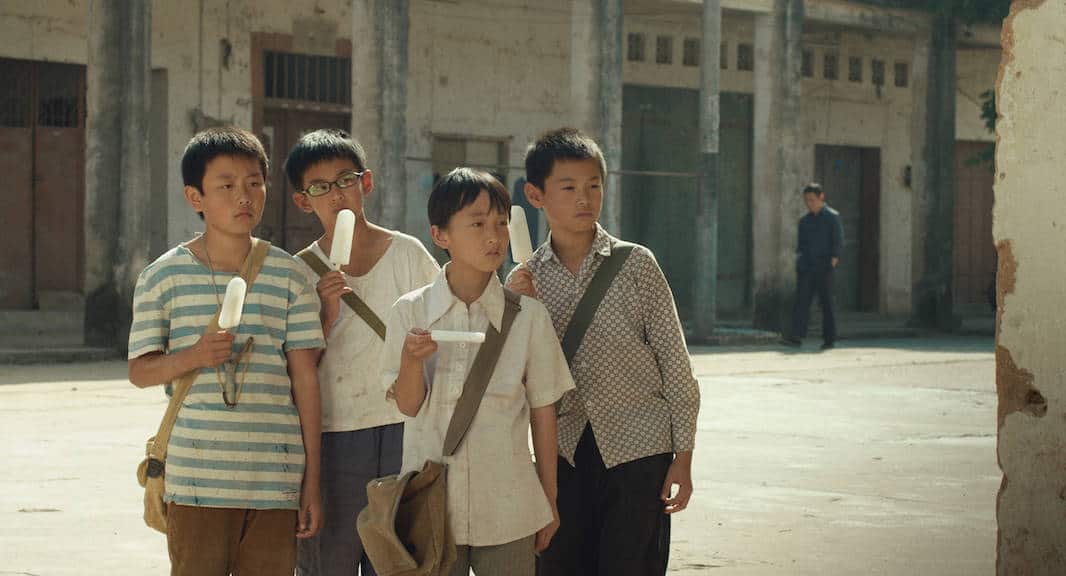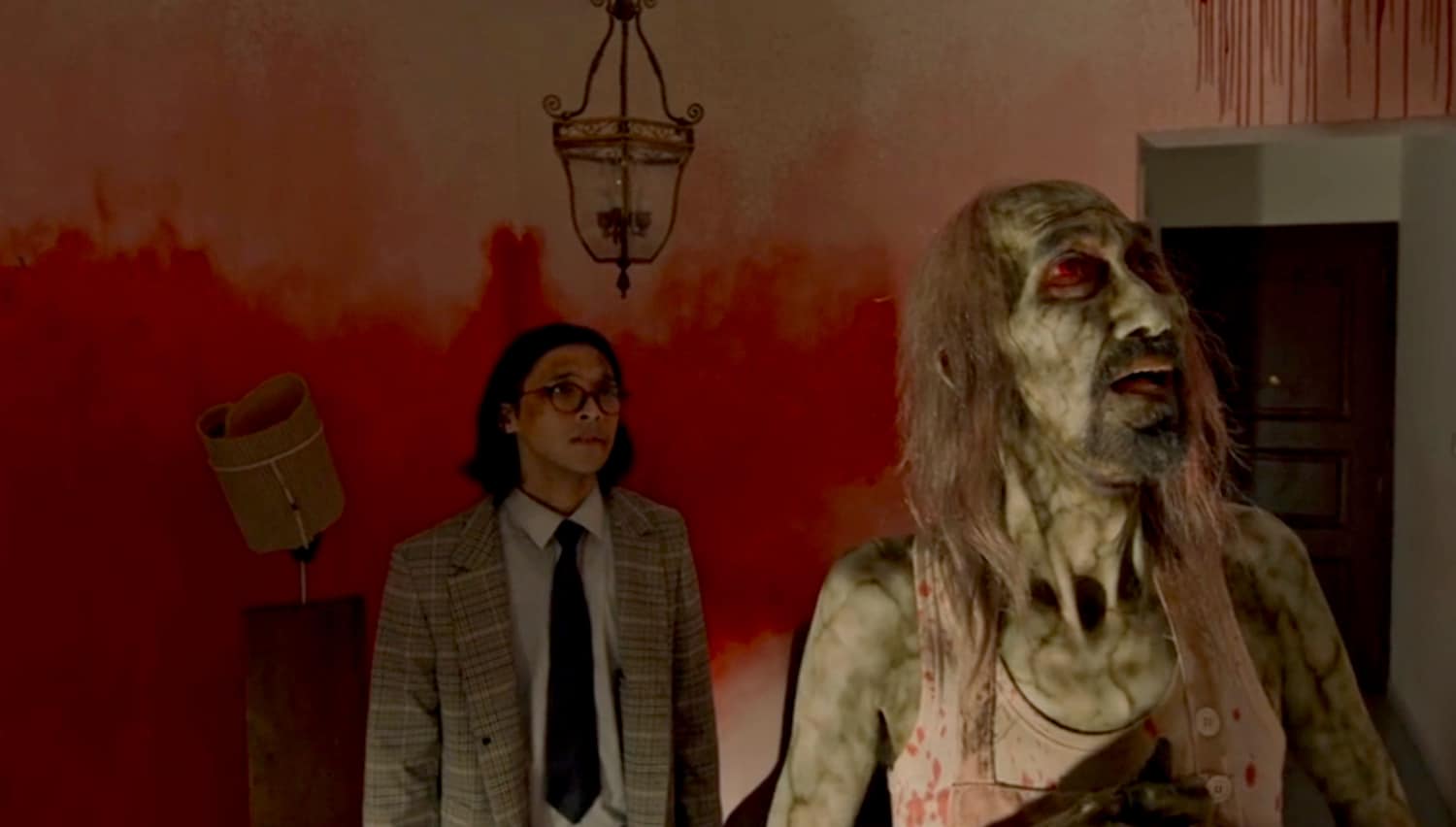In her latest full-length documentary titled “Chen Uen”, Wan-Jo Wang takes a deep dive at the oeuvre of Chen Uen, one of the most famous and respected Taiwanese comic book artists.
“Chen Uen” is Screening as Part of Asian Pop-up Cinema Season 12
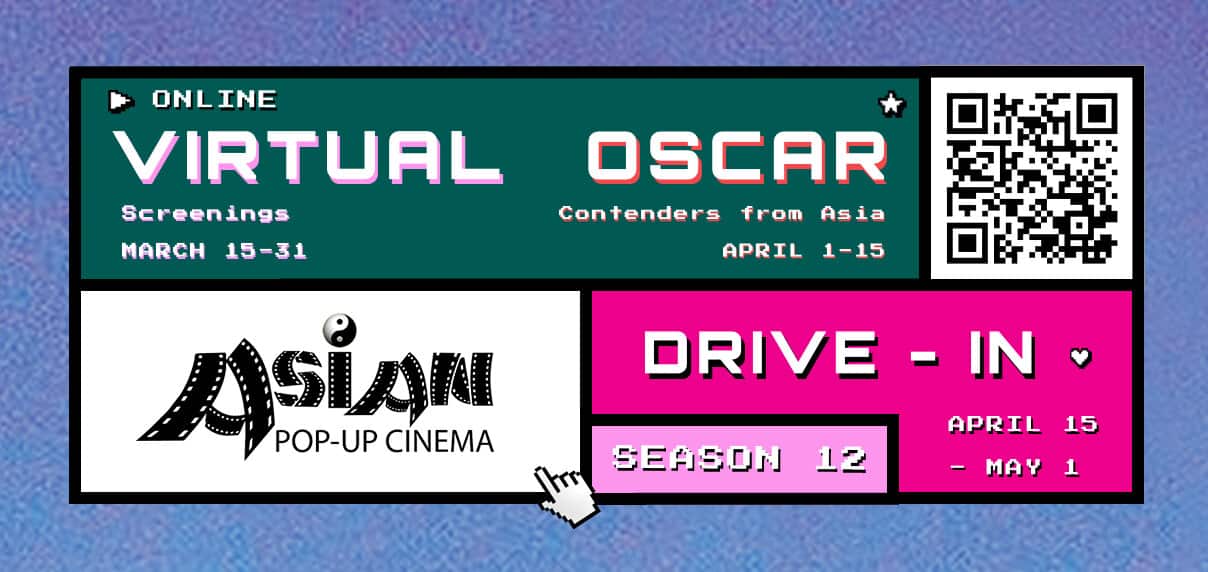
In some ways, “Chen Uen” is a continuation of the topics brought up in Wang's previous documentary, “A Foley Artist”. Both films explore the work and creative process of artists who are dedicated to their craft and to furthering the possibilities of its expressive powers. Yet, the two differ in a few crucial ways. Firstly, whereas Wang follows the fascinating process of the famed Taiwanese foley artist Hu Ding-yi, she is not afforded this possibility in “Chen Uen” due to the passing of the comic book artist. Instead, she follows his career through in-depth interviews with many of his close collaborators. We see his Taiwanese assistants, Japanese editors, and Hong Kong publishers, and mainland Chinese collaborators share their memories of him and his career that takes him around East Asia. First in Taiwan as a poorly paid comic book artist, to Japan where he becomes the first foreigner to win a prestigious award from the Japanese Cartoonists Association, then to Hong Kong where he creates a beloved comic book series, and finally China, where he works on a failed MMORPG.
Through the people closest to Chen Uen, Wang manages to draw a complex and nuanced portrait of her subject – he is confident in his style, has high self-esteem and is a true believer in his art, yet he is also modest and unassuming. He is friendly and helpful, full of life, though possessing slightly strange sense of humor, in the words of some of his Chinese friends. At the same time, he also seems to be hiding a deep sadness. What everyone who knows him agrees upon though, is the fact that he is a dedicated and talented artist with a singular view, and a very exacting teacher, even to his son. He is also difficult to fully understand and seems to be living in a completely different world than the rest of us, like any other genius artist. This creates an image of him as a very special person and a great artist, even though using the comic book as a medium for his artistic endeavors, something that is corroborated by everyone interviewed by Wang.
The topic of Uen's genius brings us to one of the most salient aspects of Wang's movie, namely that the artist was (and, sadly, still is) largely unknown outside of East Asia. Though not mentioned directly, this observation by Wang speaks volumes about the lack of equality between comic books and media as a whole from Asia, save possibly for Japan, and the Anglophone world. In that respect, Wang presents Chen Uen not only as a great creator but also as a revolutionary of sorts, a person who wants to break away from the view that comic books should be influenced by the West and make them Asian, or at least show their potential as an Asian medium. He does that through creating a special style of comic book-drawing, one that is based on Chinese painting. As such, we can think of his work as a means to decolonize the East Asian comic books, popular media, and art in general from the West. We should note that this is not complete though, as many aspects of his drawing, especially the faces, seem to be influenced by Western painting. Also, he includes many techniques of contemporary western painting.
The movie furthers the differentiation between comic books from the Anglophone world and Asia through following Uen's very special artistic development and work experience. He makes comic books in Taiwan, Japan, and Hong Kong and works on a MMORPG in China. Each of these countries has a specific style of comic books and different methods of creating them. This shows a great diversity even on a regional level, nothing to say about the international one. Whatever the circumstances and styles are, though, Uen tries to implement a specifically Asian vision of what comic books are and aims at creating pieces that not only cater to an Asian audience, but also help it find itself in what it sees. We can go even further and say that the collaboration with editors, publishers and artists from different places such as Japan and China have the goal of both strengthening the volatile relationships between the countries in the region and also help it break away with its colonial past.
As thought provoking “Chen Uen” might be, visually it does not do justice to the legacy of the great artist and comic book author. The reason for that are not the numerous talking head scenes, many of which we must say are framed rather interestingly, but the fact that the filmmakers have decided to mix numerous styles within a single piece. This might have been influenced by Uen's style, famous for mixing numerous styles and textures, but it fails rather miserably as it seems to have been included just for variety, not to say something worse. The worst by far is an ugly animation of Chen Uen visiting important places of his life, animation which we should note has nothing in common with his style and would probably make him turn in his grave. It would've been okay if that was all, but the creators decide to include many other things, such as 80's pseudo-nostalgia interlude full of digital grain, which fails to properly evoke the atmosphere of the period. There are also way many sloppy and nausea-inducing moving shots. The worst among them by far is the opening shot which traces Chen Uen's empty house from the top floor to the bottom before it finally reaches the crew interviewing his wife. As an idea it is great, as it makes us identify with the dead artist's spirit, but the way it is done is very choppy with the viewer seeing the steps of the cameraman. Again, that would've been okay if it was made nicely so as to put us in the shoes of Uen's ghosts, but instead, it is just ugly and amateurish. The same can be said about many of the other non-talking head scenes found here. This leads to a very uneven and confusing experience, where we want to really get involved in his art but due to the bad camerawork and confusing ideas, are not afforded this.
Nevertheless, “Chen Uen” is an interesting study of an undoubtedly great comic book artist who has worked tirelessly to create a specific East Asian style of drawing with which non-Western readers can identify.


